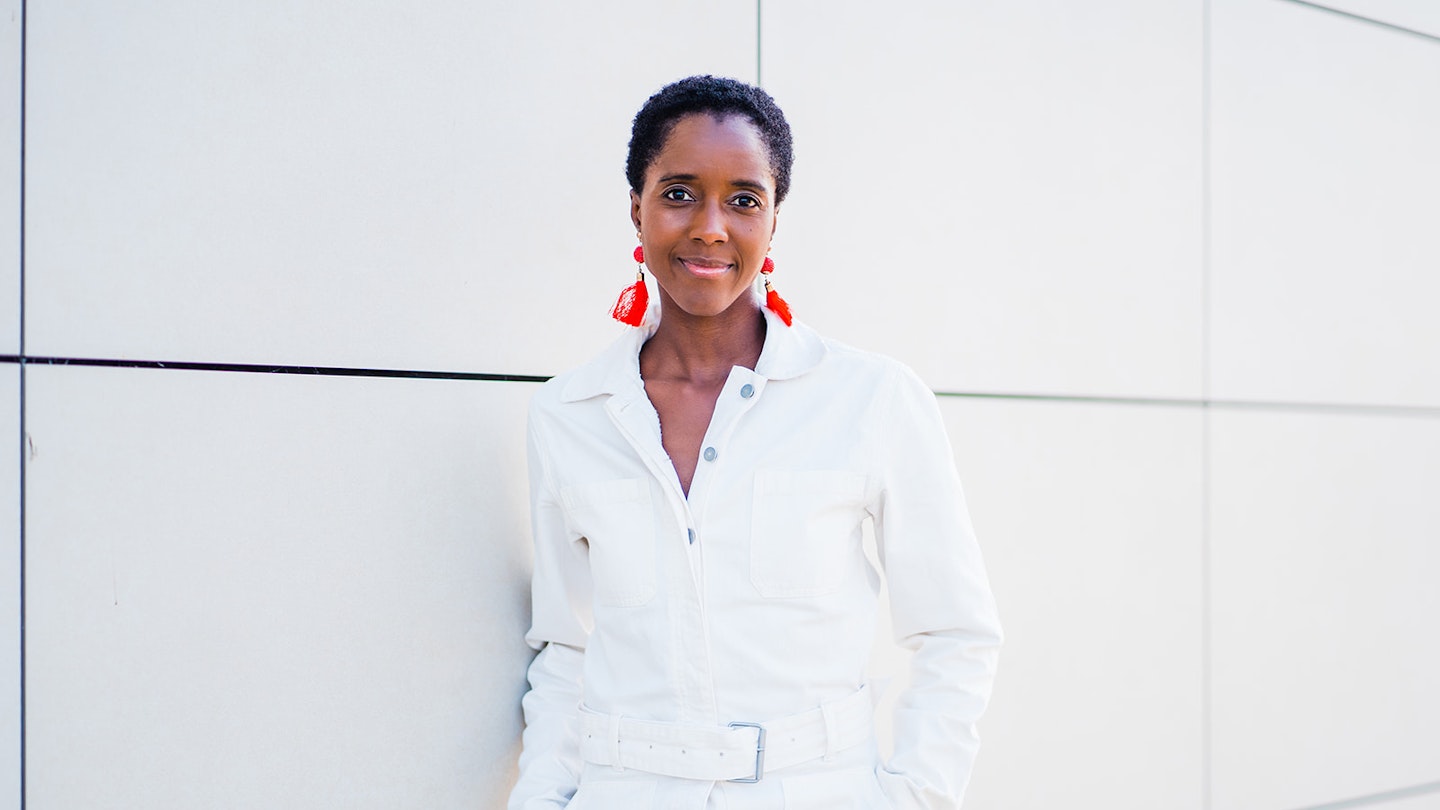Last month, Nova Reid released her debut book, The Good Ally: A Guided Anti-Racism Journey. Within weeks, it had five-star reviews across the board, dubbed ‘insightful, confronting and validating’ by readers. As an anti-racist activist and TED speaker, Nova’s work has proved profoundly important – this book just one of her many incredible contributions to society.
Here, she speaks to Grazia about Black History Month, the impact of last year’s Black Lives Matter protests and what white people need to know about allyship.
GA: How do you feel about Black History Month as a concept?
NR: I have a love/hate relationship with the month. I respect why it was founded both here in the UK and in the United States, I understand why it was but I think it’s a really convenient excuse to limit talking about Black history, which is essentially all of our history, and centering Blackness to just 31 days of an entire year. On its own it's inadequate and I think it’s a convenient excuse for corporations to do the bare minimum and feel like they’re doing something meaningful - when in reality Black history needs to be consistently woven through every fabric of our lives throughout all the year, like everything else.
With the protests [last summer], we had this energy and spotlight on it. Even that has shifted, you see the apathy, we’re back to a default rhythm which isn’t necessarily fair.
GA: So what are your feelings about the protests now, do you think people are still listening and learning 18 months on?
NR: It's a mixed bag. I expected the apathy because when George Floyd was murdered, the spotlight on racial justice globally was like nothing that I've ever seen before. I remember hearing Angela Davis, who was a prominent civil rights activist in the height of [the civil rights movement], who marched with Dr. Martin Luther King, Jr. and is still doing activism today, and even she said she’d never seen a global movement for racial justice like it.
So while what happened to George wasn't unique, how people reacted to it was. But I thought It would be short-lived, people won't be able to keep up momentum, the news cycle moves on. For me, I think it's an element of people want to do the right thing with the least effort and being anti-racist requires consistent effort. I think a lot of people have dropped off because they've realized what's required and they’ve become apathetic.
Being anti-racist requires consistent effort, a lot of people dropped off because they've realised what's required.
GA: I guess as well, it can seem overwhelming because racism intersects every part of our society?
NR: Exactly, it is. Part of that is overwhelming because there’s a desire to fix it now, but you’re not going to fix it now and actually, we won’t fix it within our lifetime. But there are things that we can be doing in our everyday lives that can help. No one individual can fix things, but we can all individually take steps to make things better than they are now.
GA: What are those steps?
NR: People ask me that a lot but if it was a tick box we would have ended racism by now. The first thing I say is, people have to have the courage to accept and acknowledge how they might be racist, how that might be showing up in relationships, how that might be showing up when a Black person says that they've experienced racism, and the automatic response is 'Well, that wasn't racism'. Starting to understand more about where we hold societal advantage and where we don't, how that might impact outcomes or decisions or your world view - just having more curiosity.
That could be confronting, but I think that's the best place to start. Because when we start our own journey, we can bring other people along with us. Rather than thinking we need to have all of the right words to say and know all this complex history. It's really about being a bit more human and a lot more curious.
GA: That confronting feeling seems to be a big block for some white people, they get very defensive when they acknowledge how they're contributing to racism. But surely, it’s how you move forward that matters?
NR: Yeah, it is how you move forward. The challenge is that too many people don’t understand what racism looks like or how it exists beyond an act of conscious hate. So when someone says, 'That’s racist' or 'What you just said or did there is harmful to me because it’s racist', they hear 'You're a right-wing extremist.' And of course, that's not what we’re saying. So then they go into position of defending themselves and you cannot listen when you're in state of defensiveness, you just can't hear so the racism is not being addressed.
I think if people are more able to just pause, breathe, take a step back and think about all of the ways that, you know, if we're women, most of us will have women in our lives, whether they’re parental figures or friends and we can still love women and be women ourselves and say sexist things. That doesn’t mean we’re misogynist or hate women, it means we’ve been socialised to be sexist – and there are things we can consciously do about that.
Intersectionality as a word has been co-opted.
GA: Do you think we need to talk about the way race, gender and class intersect instead of talking about them as separate entities?
NR: I think whatever the subject matter is that you're focusing on, you should take an intersectional approach. But unfortunately, intersectionality as a word has been co-opted. It was originally coined by Kimberly Crenshaw for entirely that reason. She was working in law and they were looking at a gender discrimination case and they weren't looking at how that discrimination was also impacting black women - because you can't separate your gender from your race. You can experience racism and sexism as a Black person - called misogynoir [a term coined by Moya Bailey] – and that can be worse than experiencing racism or sexism on its own so those things need to go together and be taken into consideration.
But what often happens when you go into spaces where you're talking about gender and somebody brings up how they are also impacted by race, you get shut down. They say, 'We're not talking about race, we’re talking about gender'. You need to talk about gender through the lens of race. You need to talk about class, particularly for people who are impacted by classism because of their race. We then start conflating issues about the white working class thinking that they're impacted by classism because of their race when they aren’t. So we've got to be really, really careful that we don't conflate issue as the same. There's an element of separation that's necessary, but also being very intentional and sticking to what it is that you're talking about and trying to solve it.
GA: How do you think social media impacts that conflation?
NR: I would blame how people use it because there's nothing stopping any one of us, if we care enough about the subject, going and finding out more. Being curious enough to try and find the truth, so it's how we use it. If people are genuinely interested in helping particularly with racism then they'll be open to listening and finding out more, rather than trying to defend their position or confirm a bias.
GA: Do you think social media was part of the reason the 2020 protests became such a huge moment?
NR: I think it was multi-faceted by the fact that we were in this weird time where we're all connected globally because of the pandemic - and it meant a lot of us we're using tech more and on our computers more and not distracted by being outside of our home. So we had more time to focus on it. I think that plays a huge part in its amplification, because the majority of us work weren’t going about our daily life in the same way, there were less distractions.
GA: Businesses seemed to make an effort at the time to improve their practices, do you think they’re still listening and changing now?
NR: I lost count of the number of enquiries I got through that time. It felt very knee jerk because businesses were panicking and wanting to be seen to be doing the right thing, rather than actually wanting to. So there was a mixed bag, because then what you found was all of these companies were rushing to make statements about being in solidarity with Black lives, then some of their Black employees started to share their experiences of racism and say, 'I reached out to HR and nothing was done, and it's impacted my mental health.' So it did shine a spotlight on how meaningless it is to make a statement if staff in your organization are experiencing racism. It has forced a lot of them to take a closer look, and some of them have done nothing.
GA: There did seem to be a lot of performative reactions at the time that companies have now shamelessly moved on from.
NR: Yeah, it’s very confronting as a Black person to see that but also it’s not surprising because we live in a racist society and it’s easier to go back to what was than to actively address something.
GA: Your book ‘The Good Ally’ explores the work anti-racism allies need to do, what do you think makes a powerful or ‘good’ ally?
NR: There's a clever hook in my book. I talk about why I use the term ‘good ally’ and how actually it isn’t about being a good ally it’s about being a better human being. It's about being honest. It's about repairing, it's about atoning when you do or say something that's harmful. It's about being courageous, to have difficult conversations with people that you love - not from a place of self-righteousness but from a place of accountability. It's about unlearning. And so it looks differently on different people but it really does start with acceptance that there is a problem. And that we all play a role in doing something about it and it has to start with having the courage to look at your own ‘isms’ instead of pretending that they're not there.
GA: In terms of the burden on people of colour to educate white people about racism, how do you think white people can take that on more without speaking out of turn?
NR: I honestly think that when you start your anti-racism journey, you'll start to figure out where your knowledge gaps are, or your shame triggers or lack of confidence so you can start taking steps to address it.
Allyship isn't about speaking up on behalf of Black Folk or other people of colour.
Allyship isn't about speaking up on behalf of Black Folk or other people of colour. It's about advocating alongside and recognising racism when you see it and do something about it, even if that means within yourself or at the family table at Christmas.
I have an anti-racism course that I’ve been running long before the book came, one of my students is also a history teacher and she finished the course and contacted me and said, 'In all of my 12 years of being a teacher and doing continual professional development, I have learned more about history on your course than I did as a history teacher.' That is astounding. But it is about education, it’s about having the desire to look for things yourself but what she’s been doing in terms of allyship, now she’s learned more, she passes that on to her classroom.
So she doesn't just teach Black history in Black History Month, she teaches it throughout the year. She doesn't just focus on enslavement and trauma, she focuses on invention, pioneers, really joyful stories, and encourages the students to go and learn and find out about Black people and their contributions as well. It becomes a celebration and that has impacted the entire school and students that she works with because she had the desire to do the work herself. So that’s how she can contribute, and how you can contribute depends on your own unique path and how much learning or unlearning you’ve got to do – and also your circle of influence.
GA: What about for Black people who feel particularly drained having to educate people in their life about racism, what is your advice for getting through that or telling those people the burden is on them to learn?
NR: For Black folk, boundaries are really, really important for our wellbeing. I say that because historically, going back to people who have lineage lost to slavery, we had no autonomy over our body, so we didn't have any choice and had to be subservient. Learning to say no can feel really uncomfortable and very unsafe, but it is absolutely vital for our psychological well-being. [We must] address our needs in the moment, whether that is rest, safety, to talk to someone, food, whatever it is, but making sure you address and meet that need.
But also, having the courage to hold boundaries with friends who are causing harm, and saying 'You're hurting me, please stop.' And if they continue to do that then it is really thinking seriously about whether that relationship is serving you or not because those who truly care about you would not want to continue to inflict racist harm on you once you've told them. So it’s about boundaries, having some tough conversations and also taking digital breaks from social media, taking breaks from the news, be very intentional with where you expend your energy. Intentionally seeking out moments of joy is vital.
GA: In terms of keeping momentum going, how do you think we can encourage that when it does feel overwhelming or when the news cycle does start to move on?
NR: Most people who engage in anti-racism are very empathetic human beings, so what that means is we take everything on and it can go to straight overwhelm. So it's about taking everything in bite sized chunks, thinking about your current emotional and physical capacity and being honest with what you can or can't do. Not using that as an excuse not to do the work, but using it so you can recognize, “Well, how much do I have the capacity to take on right now?”
There’s always something we can be doing. One person contacted me when they were really overwhelmed, they said 'I want to be anti-racist but I don’t have time, I've got children, I'm a carer for my parents and I just can’t do it.'
So I said, 'It sounds like you're having a really hard time, and there'll be people in your situation who are also experiencing racism. There is always something you can do.' I said, 'It sounds like you need a well-being boost, so you could start by listening to podcasts from well-being practitioners who are Black or in another marginalised community.'
You could start being intentional with who you learn from, with who you support with your nutrition, it might be that you need an energy boost or food and can you start reading more about foods that boost energy from somebody who is Black or marginalized? If you have children, what books can you buy them that have lots of different diverse characters in them where their stories aren’t about trauma?
If you are time poor and can't read something, or if you've got a learning difference, listen to a podcast or audiobook instead. Random acts of kindness to help people who are experiencing racism or are doing grassroots work that may really appreciate volunteer support or someone to talk to. Donating to charity, not just one-offs, but doing a regular standing order. All of these things can help, our activism doesn't have to be loud and in the street, it can be small and tiny like that. Even if it’s something small, we can do something.
Click here to buy The Good Ally from Waterstones, Amazon or UK Bookshop
Click through for anti-racism charities you can donate to...
Anti-racism charities in the UK - Grazia
 1 of 14
1 of 14Show Racism The Red Card
Provides educational workshops, training sessions, multimedia packages, and a whole host of other resources, all with the purpose of tackling racism in society.
 2 of 14
2 of 14Stop Hate UK
A service for victims of racial harassment aiming to end hate crimes in the UK.
 3 of 14
3 of 14Stephen Lawrence Charitable Trust
Stephen Lawrence Charitable Trust works with young people from disadvantaged backgrounds aged 13 to 30 to inspire and enable them to succeed in the career of their choice
 4 of 14
4 of 14Prison Reform Trust
Prison Reform Trust works to make the prison system in the UK just, humane and effective.
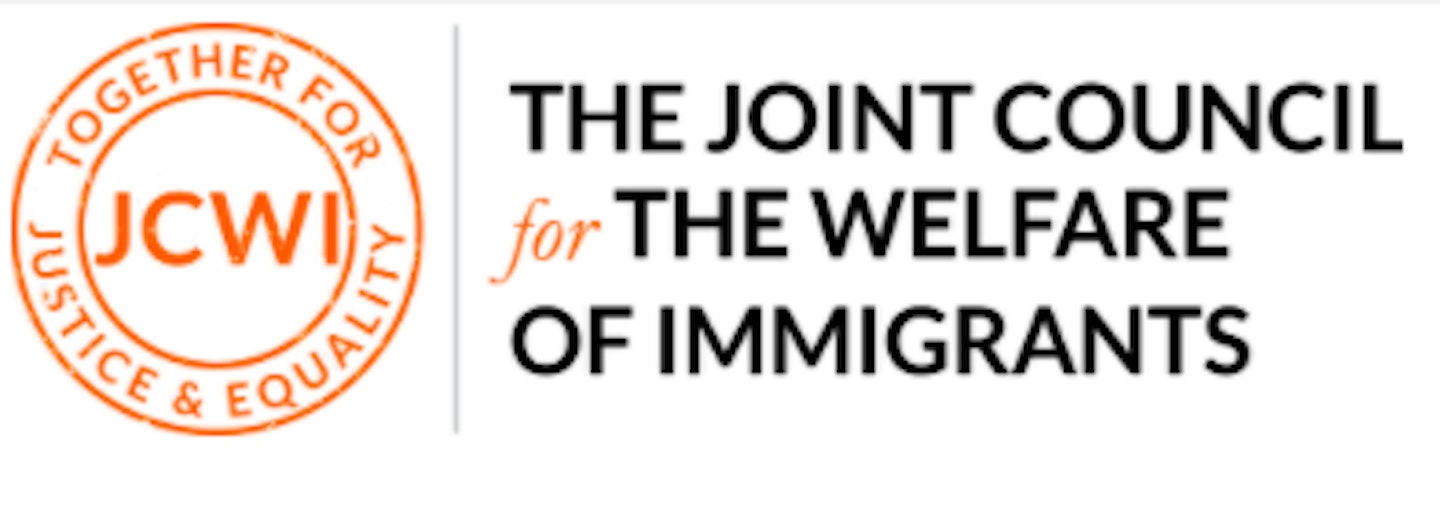 5 of 14
5 of 14Joint Council For The Welfare Of Immigrants
The JCWI aims to create a world in which immigration law and policy are based on sound evidence, promote the rule of law and are underpinned by respect for human rights and human dignity
 6 of 14
6 of 14Access UK
Helps reduce BME youth unemployment, provide employment and training solutions for youth offenders and implement anti-gang initiatives in the community.
 7 of 14
7 of 14Charity So White
Tackles institutional racism in the charity sector.
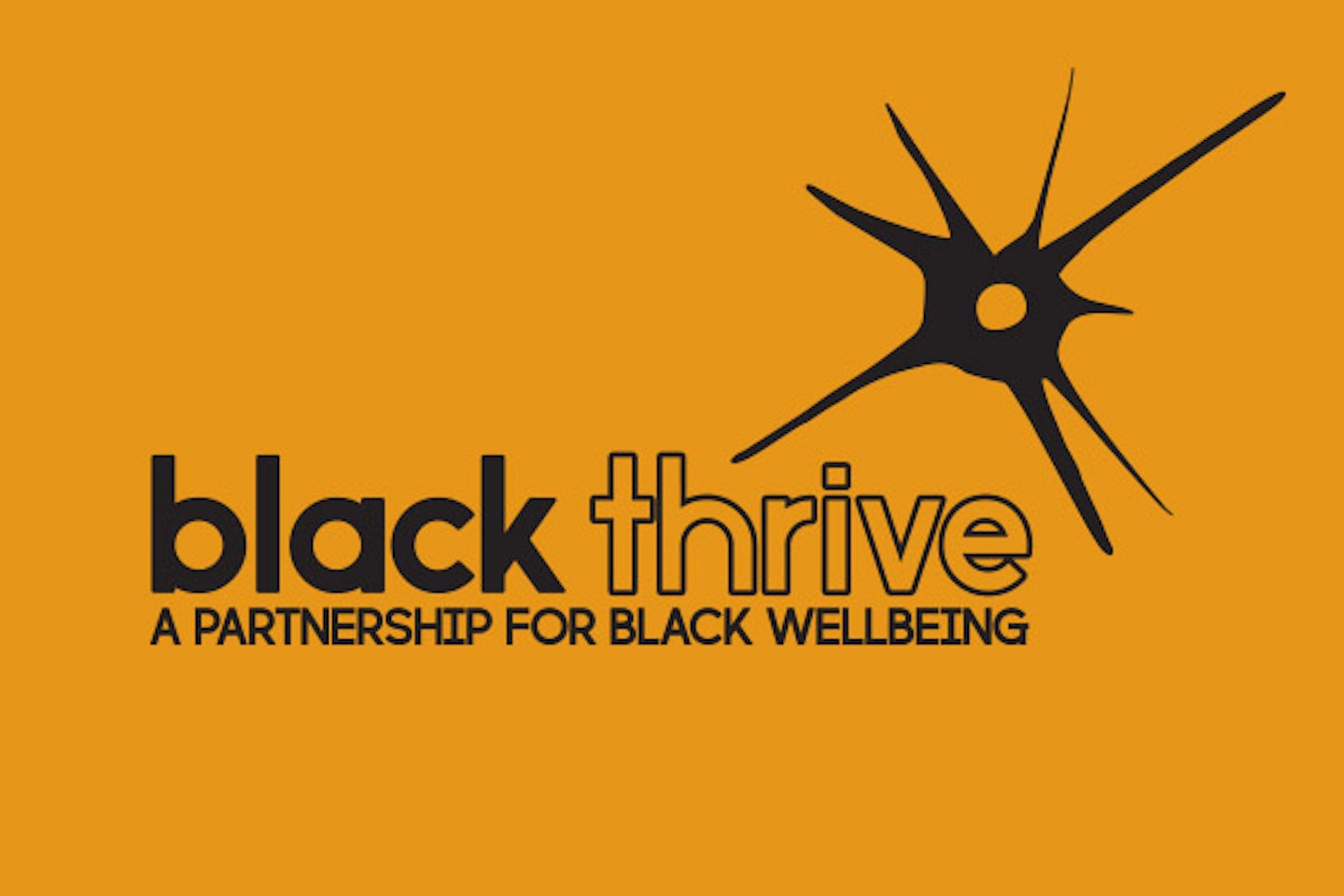 8 of 14
8 of 14Black Thrive
Black Thrive works to reduce the inequality and injustices experienced by Black people in mental health services.
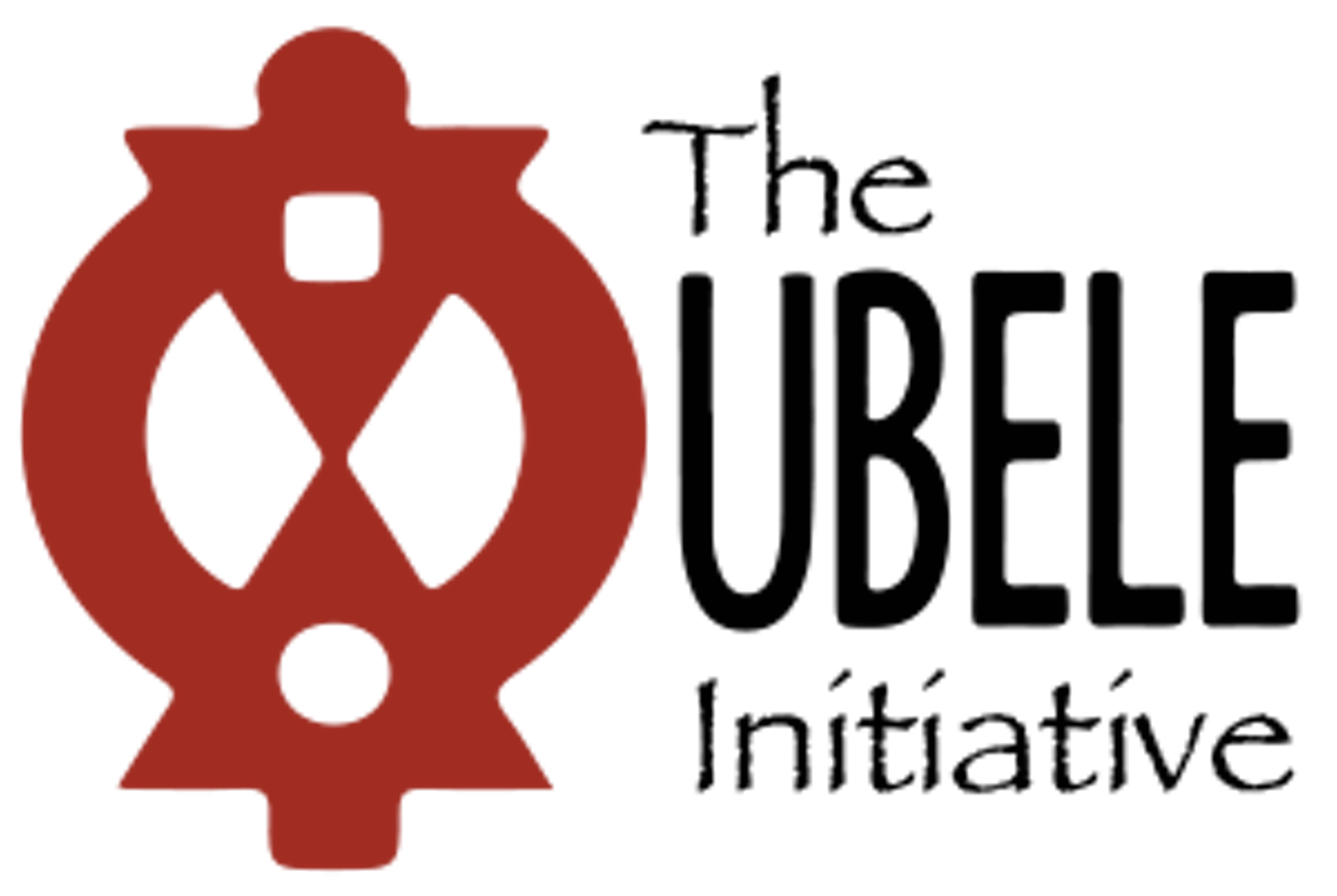 9 of 14
9 of 14The Ubele Initiative
Supports the African diaspora community.
 10 of 14
10 of 14Women In Prison
Supports women affected by the criminal justice system and campaigns to end the harm of prison to women, their families and our communities.
 11 of 14
11 of 14Race On The Agenda (ROTA)
Race On The Agenda (ROTA) is a social policy research organisation focusing on issues that impact BAME communities.
 12 of 14
12 of 14The Equality Trust
Works to improve the quality of life in the UK by reducing economic and social inequality.
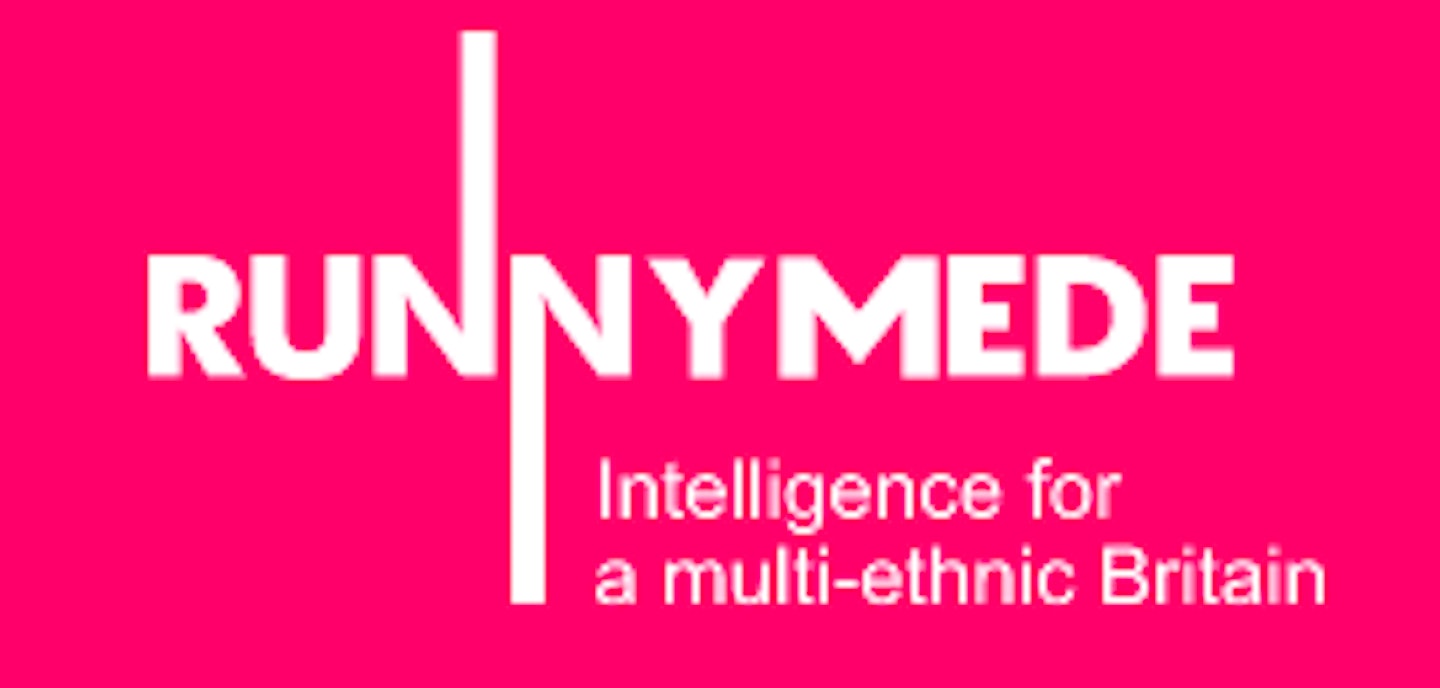 13 of 14
13 of 14Runnymede
Generates intelligence to challenge race inequality in Britain through research, network building, leading debate, and policy engagement.
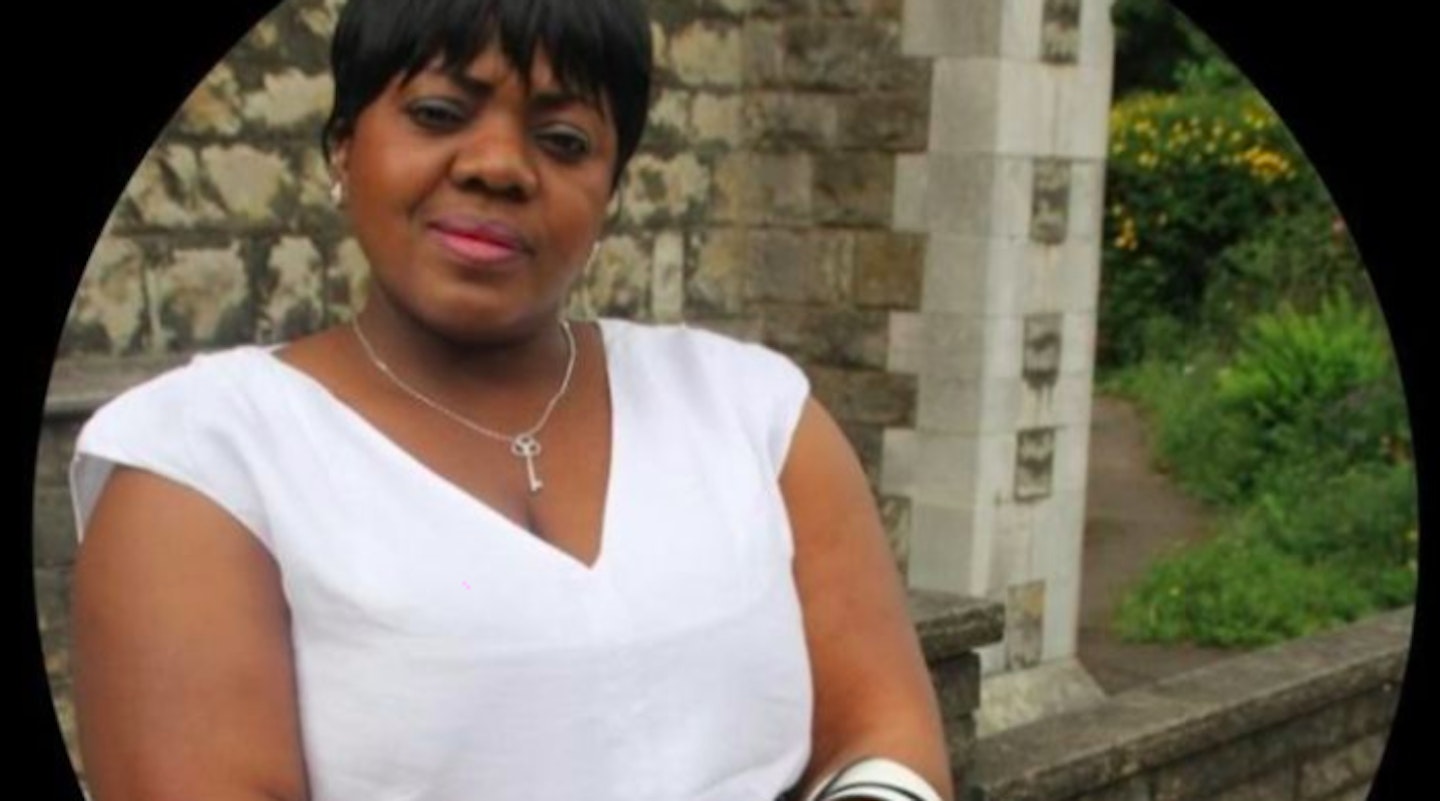 14 of 14
14 of 14Belly Mujinga Memorial Fund
For the memorial of Belly Mujinga, the railway worker who was spat at before she died of Covid-19.
